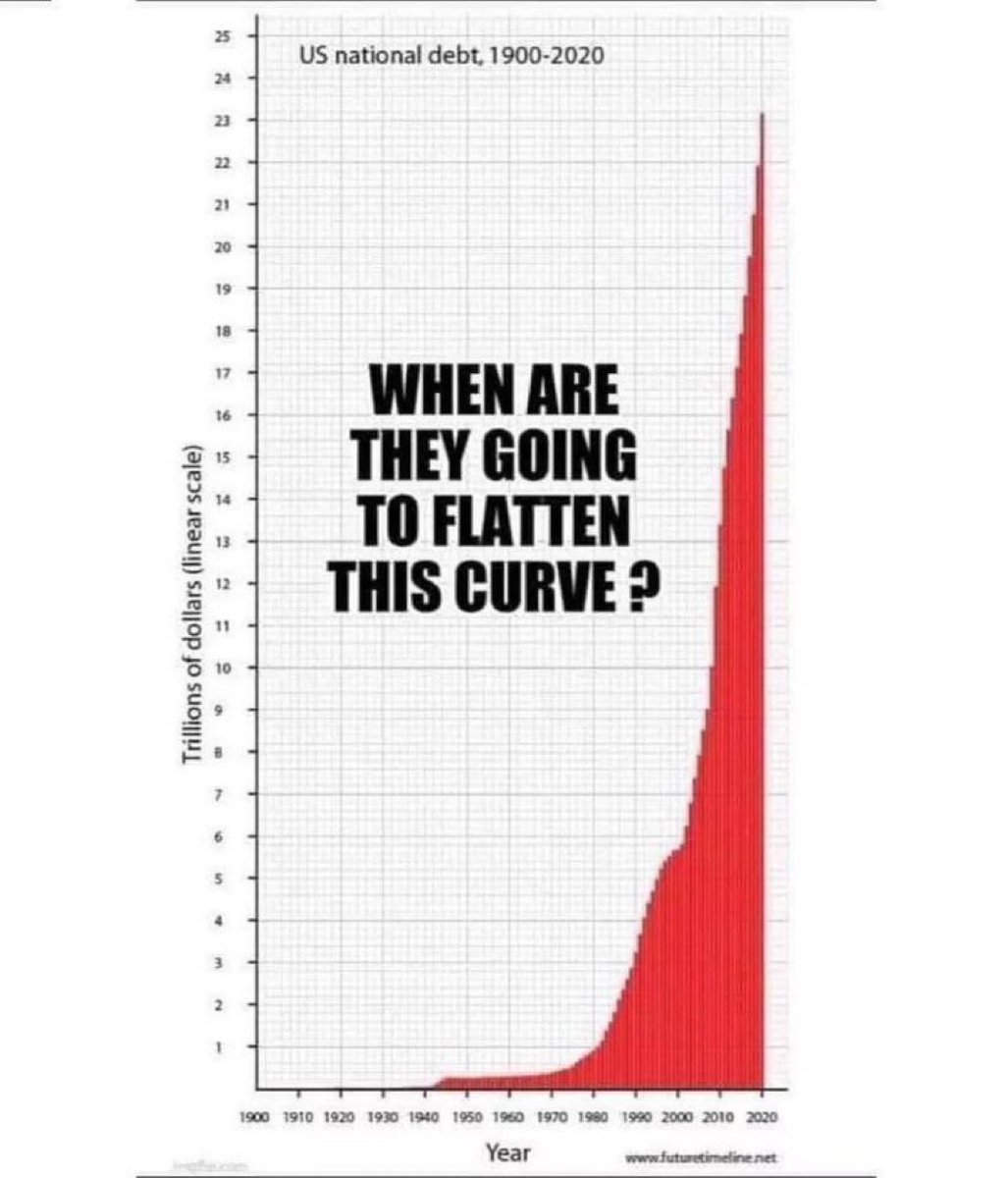In a fiery backlash that is gaining momentum across social media and conservative circles, billionaire entrepreneur Elon Musk has issued a stark warning over the U.S. House-passed “One Big Beautiful Bill” (H.R.1), calling it “fiscally suicidal” and urging Americans to “Kill the Bill.”
“Call your Senator, Call your Congressman, Bankrupting America is NOT ok! KILL the BILL,” Musk tweeted Tuesday, igniting a wave of online opposition.
The sweeping legislation—passed in the House on May 22—extends key provisions of the 2017 Trump-era tax cuts, expands border security funding, and injects new spending into infrastructure and energy. But perhaps most critically, it raises the national debt by a staggering $4 trillion over the next decade.
A Tipping Point?
The bill’s supporters argue it is a necessary package to sustain economic growth, provide relief to middle-income families, and secure the southern border. Yet critics from both the political right and the business community are raising alarm bells over its long-term fiscal impact.
Senator Mike Lee (R-UT) was blunt in his assessment:
“Our annual US budget deficit is going to be over $2 trillion per year going forward. We pay over $100 billion per month in interest on the national debt. That’s about 25% of all government revenue going just to interest.”
Economists now warn that the interest on the national debt exceeds $1.2 trillion annually—surpassing the entire U.S. defense budget. This, they say, threatens the long-term viability of essential government programs and undermines economic stability.
The Invisible Tax: Inflation
Opponents argue that excessive deficit spending is not just a future problem—it is already hurting everyday Americans through inflation, which disproportionately impacts the working class and the poor.
“This harms hardworking Americans—especially the poor, who are hit hardest by the invisible, highly regressive tax this inevitably creates,” Musk added in a follow-up post, criticizing what he called the “cruel, vicious cycle” of reckless government spending.
His remarks echo growing concerns among fiscal conservatives that massive federal borrowing is being used as a tool to delay hard choices on taxes and entitlements, while masking the true cost of government expansion.
Uniparty Politics and Media Bias
Musk and other critics argue that both Democrats and Republicans—the so-called “Uniparty”—are complicit in a cycle of bipartisan spending with no regard for fiscal restraint.
“Big spenders in Congress—in both parties—forge ahead, knowing well that the media will praise them for voting to spend more, and relentlessly criticize anyone who wants to cut … well … basically anything,” Musk said.
The media’s portrayal of the bill as a “bipartisan victory” has infuriated budget hawks who see it as a disaster cloaked in patriotic language and political convenience.
A Senate Showdown Looms
With the bill now in the Senate’s hands, its fate remains uncertain. Several moderate senators have expressed reservations about the price tag, and pressure is building from grassroots activists who see the bill as a red line for America’s fiscal future.
Wall Street investor and social commentator “Wall Street Man” tweeted, “If interest payments on the debt are already over a trillion a year, where do they think this ends? This is the beginning of a debt spiral.”
Some conservative groups have already launched advertising campaigns to stop the bill, warning that it threatens key programs like Medicaid and SNAP, not through direct cuts, but by crowding out future funding through runaway interest obligations.
A Crossroads Moment
For many Americans, this bill has become a symbol of a deeper issue: a political system unwilling to confront the hard truth about unsustainable debt.
Whether H.R.1 is the lifeline its supporters claim—or the economic time bomb its critics fear—may depend on how the Senate acts in the coming weeks.
“No amount of media praise directed at politicians can provide moral justification for the immense harm that this cycle inflicts on hardworking Americans,” Musk concluded.
As the debate unfolds, one thing is clear: The fight over the “One Big Beautiful Bill” has become a defining battle in the war over America’s economic future.

